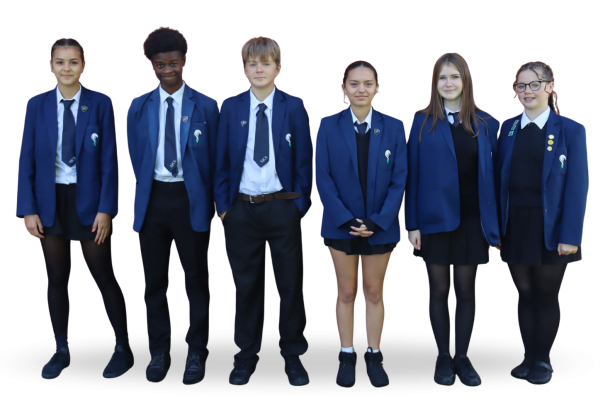Key Stage 3
Geography
Pupils will travel the world from their classroom, exploring case studies in the United Kingdom (UK), higher income countries (HICs), newly emerging economies (NEEs) and lower income countries (LICs). Topics of study include climate change, poverty, deprivation, global shifts in economic power and the challenge of sustainable resource use. Students are also encouraged to understand their role in society, by considering different viewpoints, values and attitudes.
Name |
Role |
|||||
|---|---|---|---|---|---|---|
NameMrs S. Kellie |
RoleHead of Geography |
|||||
NameMr R. Odelola |
RoleTeacher of Geography |
|||||
NameMr N. Brown |
RoleTeacher of Geography |
|||||
Cultural Capital in Geography
Cultural capital is the accumulation of knowledge, behaviour and skills that a student can draw upon and which demonstrates their cultural awareness, knowledge and competence. It is one of the key ingredients a student will draw upon to be successful in society, at secondary school and further education and eventually their career and the world of work.
Geography is a topic that lends itself well to developing cultural capital. We are excited about delivering knowledge and making educated citizens who learn from the events, people, ideas we study. Through trips, visits and discussions of current affairs, children become engaged with the world around them, at a local, national and international level.
A lot of thought has gone into our Geography Curriculum to support the needs of our pupils. Within our Geography curriculum, there are high-quality geographical trips, fieldwork opportunities and practical tasks which enable pupils to gain a wider context to their unit of study. Children are then able to apply their knowledge to a more ‘concrete’ experience and bring their learning to life.
Where possible, we use our local environment to enhance learning and bring learning to life. Carefully sequenced geographical vocabulary ensures that our children move up through our school with a vocabulary basis that can be applied to a new topic and support their geographical understanding.
Your Learning Journey





SCHOOL LIBRARY
Whether you like to read for fun or you need a book to help with your schoolwork, our school library has hundreds of books that you can borrow!

CURRICULUM DOCUMENTS
Download important documents to support your learning, including learning journeys and knowledge organisers.

GCSE GEOGRAPHY
Find out what you'll learn if you study GCSE Geography.
Key Stage 3 Subjects
Click on a subject below to learn more about it.














